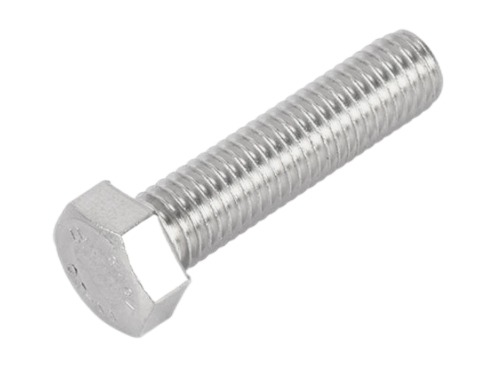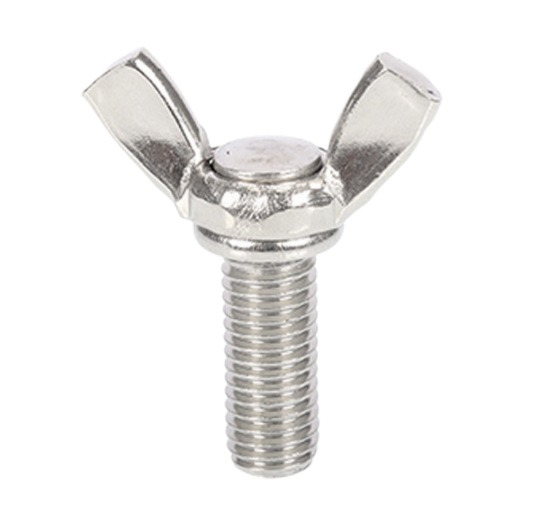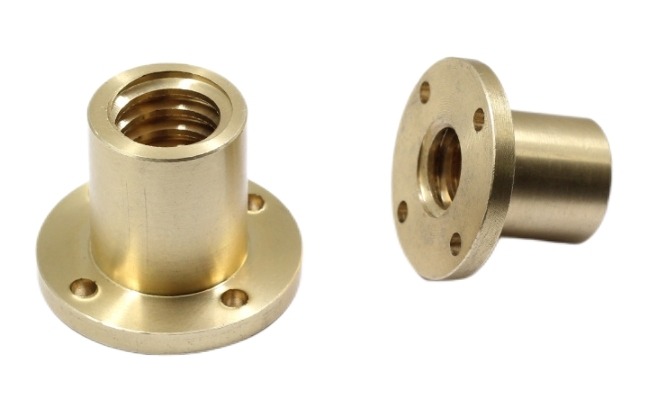4 Questions You May Ask When Using Washers
Washers are an essential component in a wide range of applications, from automotive engines and plumbing systems to electrical connections and industrial machinery. They serve as a simple yet effective means of distributing loads and providing a tight seal between two surfaces, helping to prevent leaks, corrosion, and other issues. Despite their ubiquity, many people may still have questions about the proper use, selection, and maintenance of washers. Here we will share four common questions that you may have when using washers, to help you make informed decisions and ensure safe and effective performance in your applications.
How do I install a washer?
Installing a washer is a relatively simple process. Here are the basic steps:
- Choose the correct size and type of washer for your application.
- Place the washer onto the fastener, making sure it sits flush against the surface being fastened.
- Insert the fastener through the hole in the washer and into the hole in the surface being fastened.
- Tighten the fastener using a wrench or socket, making sure to apply the correct amount of torque.
- If using a lock washer, place it onto the fastener between the nut or bolt head and the washer.
- Tighten the nut or bolt until it is snug, then apply the correct amount of torque to fully tighten it.
- Check the joint to make sure it is secure and the washer is properly seated.
- If necessary, repeat the process for additional fasteners.
Note that the specific installation process may vary depending on the application and the type of washer being used. Always refer to the manufacturer’s instructions and follow best practices for safe and effective installation.
Can I reuse the crush washer?
Crush washers are designed to be used only once and are not intended for reuse. When a crush washer is tightened, it deforms to create a tight seal between two surfaces, typically in automotive or plumbing applications. This deformation is permanent and cannot be reversed, which means that a crush washer that has been used once cannot be reused without compromising the seal.
Attempting to reuse a crush washer can result in a leak or other issues, as the washer may not be able to create the same level of deformation or seal as it did when it was first used. For this reason, it is always recommended to use a new crush washer whenever a seal needs to be created.
If you encounter a crush washer that appears to be in good condition and you are unsure if it has been used before, it is still best to err on the side of caution and use a new washer. Reusing a crush washer can compromise the seal and potentially lead to leaks or other issues down the line.

How do I clean the washer?
Cleaning the washer is important to ensure they function properly and provides reliable joint performance. Here are some tips on how to clean your washers:
- Clean washers regularly
Dirt, debris, and contaminants can build up on washers over time, reducing their effectiveness. Clean washers regularly with a soft-bristled brush and a mild detergent solution to remove debris or contaminants.
- Inspect washers for wear and damage
Regularly inspect washers for signs of wear or damage, such as cracks, deformations, or corrosion. If a washer shows signs of wear or damage, it should be replaced with a new washer.
- Store washers properly
Store washers in a clean, dry, and protected environment to prevent corrosion or other damage. Avoid exposing washers to moisture or corrosive substances.
- Choose the right type of washer
Use the correct type and size of the washer for your application. Choosing the wrong washer can result in poor joint performance and may lead to washer failure.
- Replace worn or damaged washers
If a washer becomes worn or damaged, it should be replaced with a new washer. Do not attempt to repair a worn or damaged washer, as this may compromise its effectiveness and lead to joint failure.
By following these tips, you can ensure that your washers function properly and provide reliable joint performance over time. Always refer to the manufacturer’s instructions and follow best practices for safe and effective installation and maintenance.
Can washers be used in high-temperature or high-pressure applications?
The suitability of a washer for high-temperature or high-pressure applications depends on its material composition and design. Different types of washers are designed to withstand different levels of temperature and pressure, and it is important to select the appropriate washer for the specific application.
For example, some types of washers, such as copper or aluminum washers, may not be suitable for high-temperature or high-pressure applications due to their relatively low melting points or tendency to deform under stress. In contrast, other types of washers, such as steel or stainless steel washers, may be more suitable for high-temperature or high-pressure applications due to their higher strength and temperature resistance. Here recommend you 4 washers that can be used in high-temperature or high-pressure applications:
- Stainless steel washers: Stainless steel is a corrosion-resistant alloy that is capable of withstanding high temperatures and pressures. Stainless steel washers are commonly used in industrial and automotive applications that require a high level of temperature and pressure resistance.
- Inconel washers: Inconel is a family of superalloys that are known for their high-temperature resistance and strength. Inconel washers are often used in high-temperature and corrosive environments, such as those found in the aerospace and chemical processing industries.
- Copper or aluminum flat washers: Copper or aluminum flat washers are commonly used in high-temperature applications such as automotive engines or electrical connections. However, they are not suitable for high-pressure applications.
- PTFE washers: PTFE (polytetrafluoroethylene) is a synthetic polymer that is known for its chemical resistance and non-stick properties. PTFE washers are often used in high-temperature and corrosive environments, such as those found in the chemical processing or food and beverage industries.
When selecting washers for high-temperature or high-pressure applications, it is important to consider factors such as the operating temperature and pressure, the materials being used, and the specific application requirements. It may be necessary to consult with a qualified professional or the manufacturer to determine the appropriate washer for a given application.










